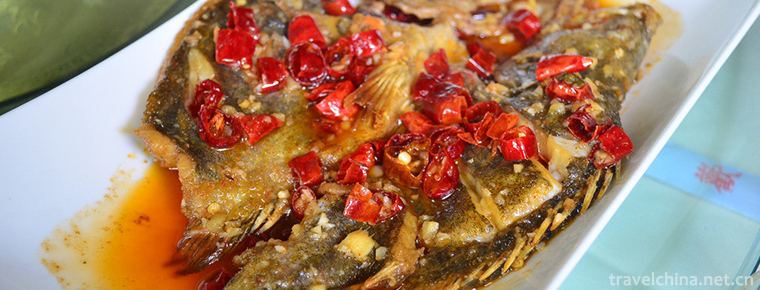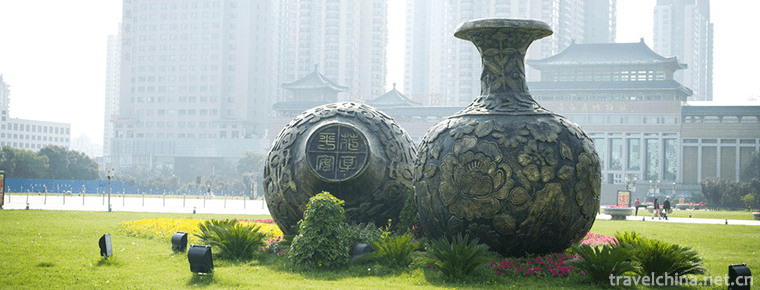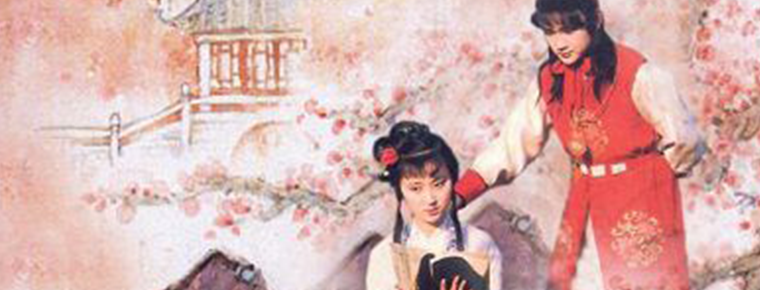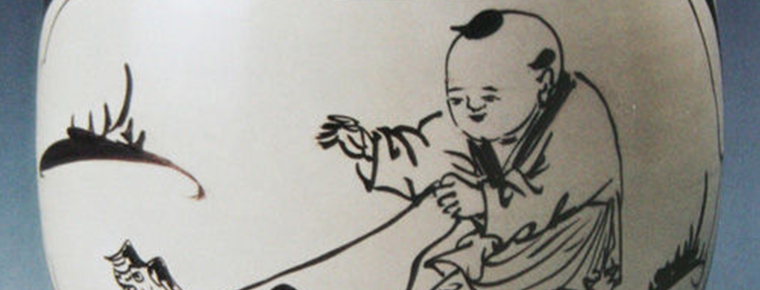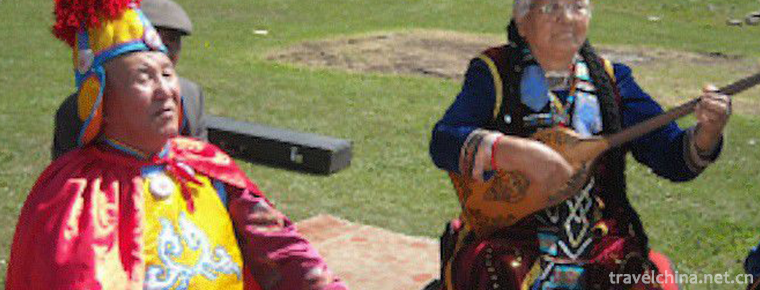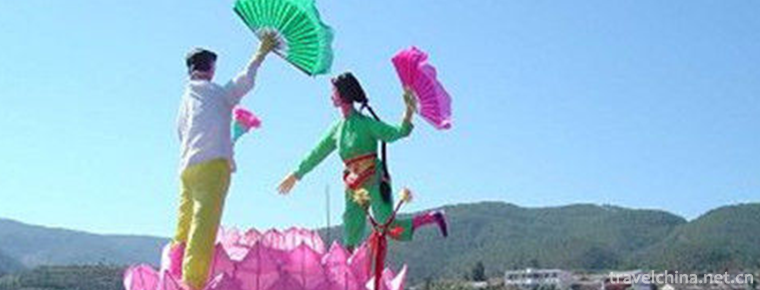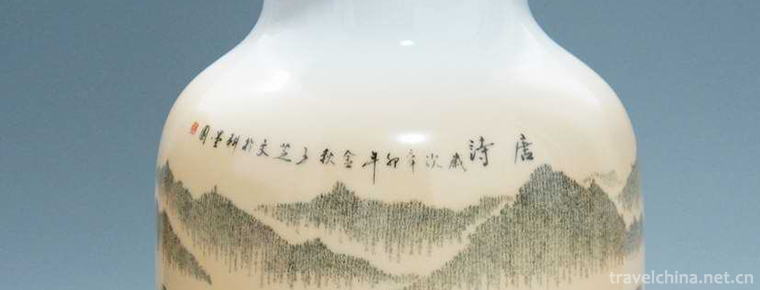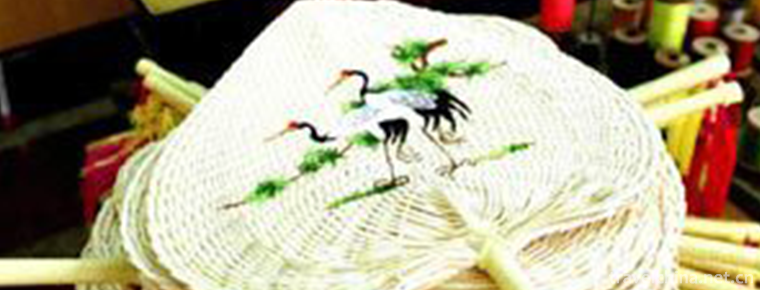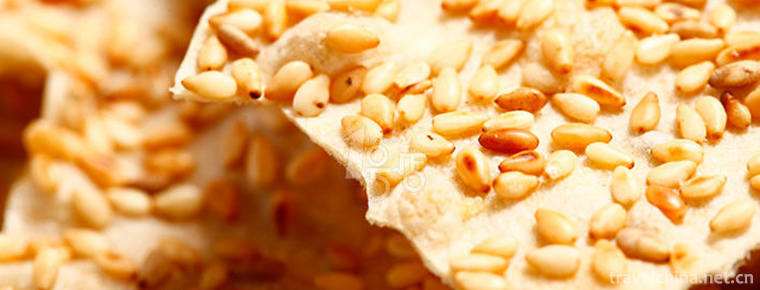Martial Art
Wushu is a technology inherited from ancient military wars. Martial arts can strengthen the body and defend the enemy. The people who practise martial arts are guided by technology and lead the practitioners into the traditional way of enlightenment (martial arts) to understand the objective laws of man and nature and society, which is the direction and guarantee of human material civilization.
Wushu has the power to stop and fight and maintain peace. As the survival skills of the descendants of the Chinese nation, Chinese traditional Wushu has gone through thousands of years of storms and hardships along with the development of Chinese history and civilization. It has become the soul to maintain the survival and development of the nation, and the soul to carry the genetic composition of Chinese children. Wu is the strength to safeguard its own safety and interests. We practice martial arts, so that we can be promoted from body to heart, from soul to soul, and full of security, spiritual strength, with the strength of self-defeating. This is a magic weapon that has been precipitated and settled in the past dynasties.
On June 22, 2015, in the working meeting of the Organizing Committee of the "Selection Conference of Substitute Competition Items Proposed by the Host City of the Tokyo Olympic Games in 2020", held in Tokyo, Japan, eight items were selected as candidate items for the Tokyo Olympic Games in 2020, including martial arts.
On September 28, 2012, the Organizing Committee of the "Tokyo Olympic Games 2020" announced that they would submit to the International Olympic Committee a list of new project nominations. Wushu is not among the five nominated projects, which means that the Wushu project will not be eligible for the Tokyo Olympic Games 2020.
Performing arts, before the appearance of the movie, was mainly presented in the form of stage drama. The predecessor of Chinese opera was Chinese opera. The term "opera" was first used in history by Song Liu-cheng (1240-1319) and then by Yuan (1271-1368), Tao Zongyi, a native of the Yuan Dynasty, dropped farming in Nancun, and Wei Liangfu, a Ming Dynasty, a quotation of Nanci. It is worth noting that Chinese drama began to flourish in the Yuan Dynasty since the beginning of the Yuan Dynasty.
The imperial examination system (including literary and military examinations) was stopped in the Yuan Dynasty. The rulers of the Yuan Dynasty had a low level of Chinese, but they were very happy to see the theatre. As a result, the literati who wanted to take the examination did not go out and went to the street acrobatics and theatre troupes to write scripts to make a living. Among them, a large group of people, such as Hanqing, Wang Shifu, Ji Junxiang, and Ma Zhiyuan, who wrote The Orphan of Zhao, as well as the martial arts instructors of Yuan Zaju, made Chinese opera (a combination of folk songs and dances, rap and comedy) rapidly become one of them. Chinese drama consists of literature, music, dance, art, martial arts, acrobatics, etc. As a result, the dramas produced in the Yuan Dynasty quickly caught up with the tragedies of ancient Greece and Sanskrit operas of ancient India, and made up for the deficiencies in the comparison between Chinese dramas and world dramas; Especially the Zaju of the Yuan Dynasty, it spread widely and rapidly among the people.
Among them, the warriors who were responsible for the guidance of martial arts in Yuan Zaju would not let the Yuan people learn the real Chinese martial arts. (Which nationality would invade its foreign enemies by going to Baibai Church? No fool! As a result, these Wuzhi opera troupes and shelves moved to Beijing opera, and gave them the name of "Wushu" to entertain the Yuan Dynasty, which is good-looking and happy. This is what many people see on the stage now. The practitioners of Chinese Wushu know that these flower shelves used only for performance have little to do with the "Wushu" itself, and even the purpose of "Wushu" is intentionally reversed. Drama (Drama), the battle of hog. It's good looking. It's used for teasing people.
Because operas and dramas are widely spread among the people, and real Wushu has always belonged to the Royal noble and secret skills, so it is difficult for the people to get a glimpse of real Wushu (panoramic); and later, the film art spread "Chinese Wushu" and "Chinese Kungfu" widely, so that routines and performing "Wushu" among the general public. The impression of being preconceived has led to the performance and routines of modern Chinese martial arts.
However, among the people, there have always been groups practicing Chinese traditional martial arts. They still adhere to the traditional ethics of non-performance and non-competitive, restrained and respectful, and widely spread among the people.









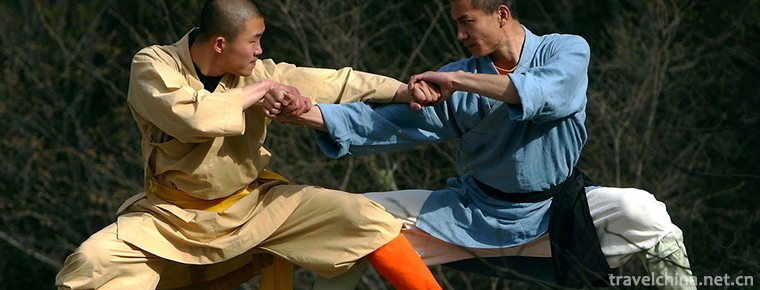
-
Jiuzhaigou Valley Scenic and Historic Interest Area
Jiuzhaigou: World Natural Heritage, National Key Scenic Spots, National AAAAA Class Tourist Scenic Spots, National Nature Reserves, National Geoparks, World Biosphere Reserve Network, is the first nat.
Views: 200 Time 2018-10-13 -
Stinky mandarin fishMarinate mandarin fish
Stinky eel, also known as Stinky Osmanthus, Barrel Fresh Fish, Barrel Fresh Fish, Pickled Fresh Fish, is a traditional Huizhou dish, one of the representatives of Huizhou cuisine. .
Views: 244 Time 2018-11-02 -
Peace Hotel Shanghai
Peace Hotel is a landmark building in Shanghai. Located at No. 20 East Nanjing Road, Huangpu District, Shanghai, it is the first modern building in the history of modern architecture in Shanghai.
Views: 373 Time 2018-12-16 -
Kunlun Mountains
Kunlun Mountain, formerly known as Kunlunqiu, also known as Kunlunxu, is the god mountain in ancient Chinese legend, the ancestor of Wanshan Mountain, the birthplace of Chinese civilization, and the k.
Views: 137 Time 2019-01-29 -
Qinghai Provincial Museum
Qinghai Museum is located in the east of Xining Square in the west of Xining City. It is the first large-scale comprehensive museum with modern functions in Qinghai.
Views: 220 Time 2019-02-07 -
Legend of Cao Xueqin
The legend of Cao Xueqin refers to the story that the common people in the place where Cao Xueqin lived in his later years respected him and processed his deeds into a story..
Views: 111 Time 2019-04-15 -
Sintering Techniques of Cizhou Kiln
Cizhou kiln firing technology, the local traditional firing technology of Fengfeng mining area in Hebei Province, is one of the national intangible cultural heritage..
Views: 107 Time 2019-04-22 -
Mongolian Topshore Music
Topshore is a unique short-necked woody plucked string instrument of Mongolian nationality in Xinjiang. It is beautiful in shape, simple in manufacture, graceful in timbre and easy to carry. It is esp.
Views: 329 Time 2019-06-04 -
Midu folk songs
"Midu Folk Song" is the general name of the Han and minority folk songs in Midu County, Yunnan Province. Midu folk song is a multi-cultural complex system, which is the convergence and cohes.
Views: 125 Time 2019-06-04 -
Ceramic microbooks
Ceramic micro-calligraphy is one of the folk skills which perfectly combines Chinese calligraphy art with color porcelain art. It has a long history. Artists not only maintain the traditional style, b.
Views: 312 Time 2019-06-18 -
Xinhui Sunflower Art
Xinhui Sunflower Art, a traditional Chinese handicraft, originated in Xinhui District, Jiangmen City, Guangdong Province. Xinhui Sunflower Art has a history of more than 1600 years, and became famous .
Views: 124 Time 2019-07-06 -
Zhou Cuns Baking Cake Making Skills
Zhou Cun's baking technology has a history of more than 1,800 years. According to Zizhi Tongjian, in the three years since Emperor Heng of Han Dynasty Yanxi, Hucai vendors have been exiled in Shandong.
Views: 289 Time 2019-08-10

